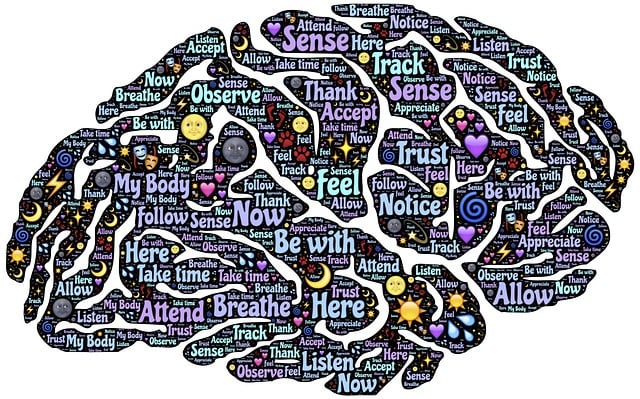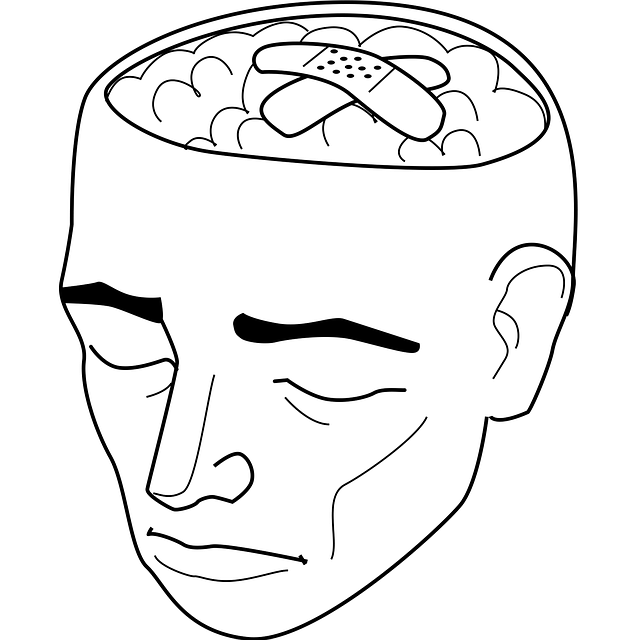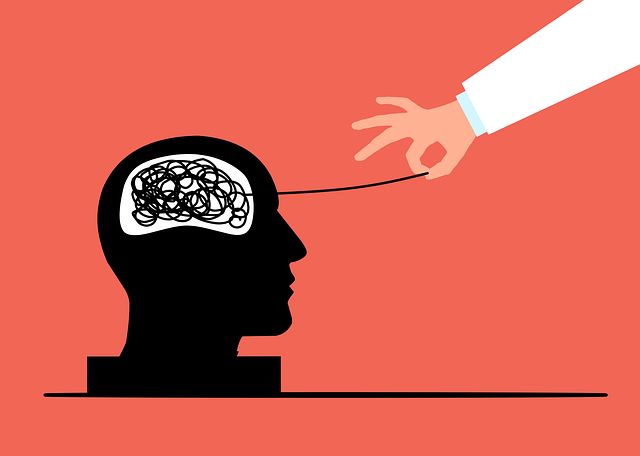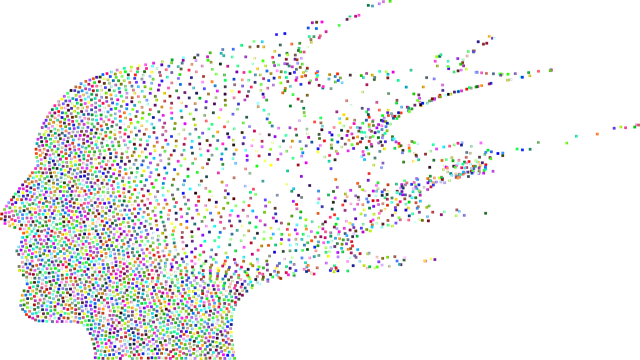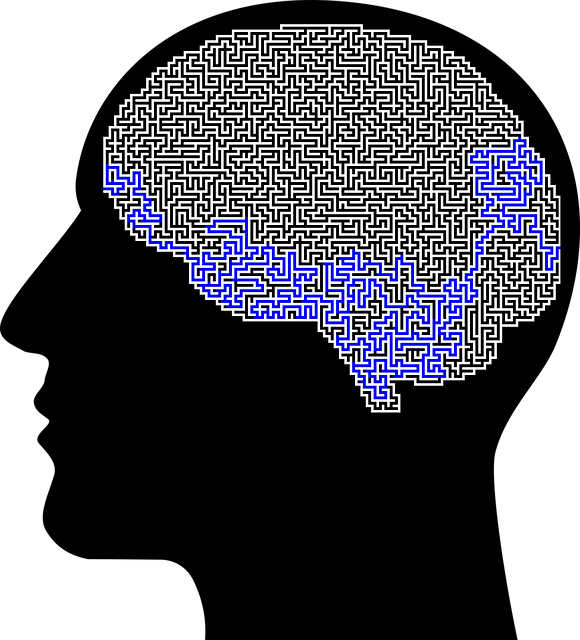Understanding mental health is crucial for creating supportive environments and effective education programs, especially for those facing terminal illnesses in Boulder. Boulder Terminal Illness Therapy (BTIT) emphasizes holistic care through tailored curriculum, including communication strategies, cultural sensitivity, compassion cultivation practices, and practical exercises like journaling. Experts at BTIT advocate for strategic planning and community engagement to break down mental health stigma and normalize conversations, collaborating with healthcare providers, educational institutions, and leaders to cater to diverse needs. Evidence-based practices ensure sustained positive changes in mental health awareness and outcomes through a culture of care and support.
In today’s digital era, mental health education is more crucial than ever. This comprehensive guide explores the design of an effective program, focusing on Boulder Terminal Illness Therapy. We delve into understanding mental health fundamentals and breaking down associated stigmas. The article then navigates crafting a structured curriculum, highlighting best practices for engaging communities and facilitating lasting positive change, particularly tailored to address terminal illness-related challenges.
- Understanding Mental Health: Unveiling the Basics and Breaking Stigma
- Program Structure: Crafting an Effective Education Curriculum for Boulder Terminal Illness Therapy
- Implementation Strategies: Engaging Community and Facilitating Lasting Change
Understanding Mental Health: Unveiling the Basics and Breaking Stigma

Understanding mental health is a fundamental step towards creating effective education programs and fostering a supportive environment. It involves recognizing that mental wellness is a crucial aspect of overall well-being, affecting how individuals think, feel, and act on a daily basis. Unfortunately, mental health issues often come with a heavy stigma, leading to misconceptions and barriers in seeking help. By breaking down these stereotypes, we can create safe spaces for open conversations. Education programs designed to unveil the basics of mental health can empower individuals to recognize signs of distress, promote self-care practices, and encourage support-seeking behaviors.
This process is essential, especially for those facing terminal illnesses, as it enables them to navigate their emotional journeys with resilience. Similar to a comprehensive risk assessment for mental health professionals, these programs should equip people with the knowledge to identify warning signs in themselves and others, ensuring early intervention. Incorporating practical exercises like mental wellness journaling can further enhance understanding and self-awareness, allowing individuals to track their emotional states and develop personal coping strategies.
Program Structure: Crafting an Effective Education Curriculum for Boulder Terminal Illness Therapy

A well-structured education program is pivotal for Boulder Terminal Illness Therapy to deliver comprehensive care. The curriculum should be meticulously crafted to address the unique needs of individuals facing terminal illnesses, integrating essential topics like Communication Strategies and Cultural Sensitivity in Mental Healthcare Practice. By incorporating modules on effective communication, healthcare professionals can facilitate open dialogues, ensuring patients feel heard and understood during their journey.
Incorporating Compassion Cultivation Practices into the program empowers both patients and caregivers to navigate challenging emotions with grace. These practices foster empathy, resilience, and a deeper sense of connection, which are crucial for managing stress and fostering meaningful support networks. The structured approach should balance theoretical knowledge with practical exercises, enabling participants to apply learned skills in real-world scenarios, ultimately enhancing the therapeutic experience at Boulder Terminal Illness Therapy.
Implementation Strategies: Engaging Community and Facilitating Lasting Change

Implementing a mental health education program requires strategic planning to ensure its success and long-lasting impact on communities. One effective approach is to engage local communities, fostering collaboration between healthcare providers, educational institutions, and community leaders in Boulder, Colorado, or any similar terminal illness therapy hub. This collective effort can help normalize conversations around mental wellness, breaking down stigma and barriers to access. By involving various stakeholders, the program can cater to diverse needs, ensuring its relevance and effectiveness.
Community engagement strategies such as workshops, seminars, and peer support groups facilitate open dialogue and education about mental health. Incorporating evidence-based practices like compassion cultivation can empower individuals to manage their mental wellness proactively. These initiatives create a supportive environment, encouraging participants to share experiences, learn coping mechanisms, and build resilience. Through such collaborative efforts, communities can cultivate a culture of care and support, leading to sustained positive changes in mental health awareness and outcomes, as advocated by Boulder Terminal Illness Therapy experts.
Mental health education programs, like those inspired by Boulder Terminal Illness Therapy’s approach, are transformative tools. By combining comprehensive curriculum, community engagement, and effective implementation strategies, we can foster a more informed and supportive society. Breaking down stigma and promoting early intervention are key to improving mental well-being on a widespread scale. This holistic program design ensures that education about mental health becomes an accessible and impactful resource for all.
